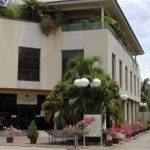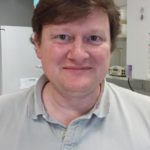Lien vers Pubmed [PMID] – 27066902
Malar. J. 2016 Apr;15:206
BACKGROUND: In eukaryotic genomes, deletion or amplification rates have been estimated to be a thousand more frequent than single nucleotide variation. In Plasmodium falciparum, relatively few transcription factors have been identified, and the regulation of transcription is seemingly largely influenced by gene amplification events. Thus copy number variation (CNV) is a major mechanism enabling parasite genomes to adapt to new environmental changes.
METHODS: Currently, the detection of CNVs is based on quantitative PCR (qPCR), which is significantly limited by the relatively small number of genes that can be analysed at any one time. Technological advances that facilitate whole-genome sequencing, such as next generation sequencing (NGS) enable deeper analyses of the genomic variation to be performed. Because the characteristics of Plasmodium CNVs need special consideration in algorithms and strategies for which classical CNV detection programs are not suited a dedicated algorithm to detect CNVs across the entire exome of P. falciparum was developed. This algorithm is based on a custom read depth strategy through NGS data and called PlasmoCNVScan.
RESULTS: The analysis of CNV identification on three genes known to have different levels of amplification and which are located either in the nuclear, apicoplast or mitochondrial genomes is presented. The results are correlated with the qPCR experiments, usually used for identification of locus specific amplification/deletion.
CONCLUSIONS: This tool will facilitate the study of P. falciparum genomic adaptation in response to ecological changes: drug pressure, decreased transmission, reduction of the parasite population size (transition to pre-elimination endemic area).






